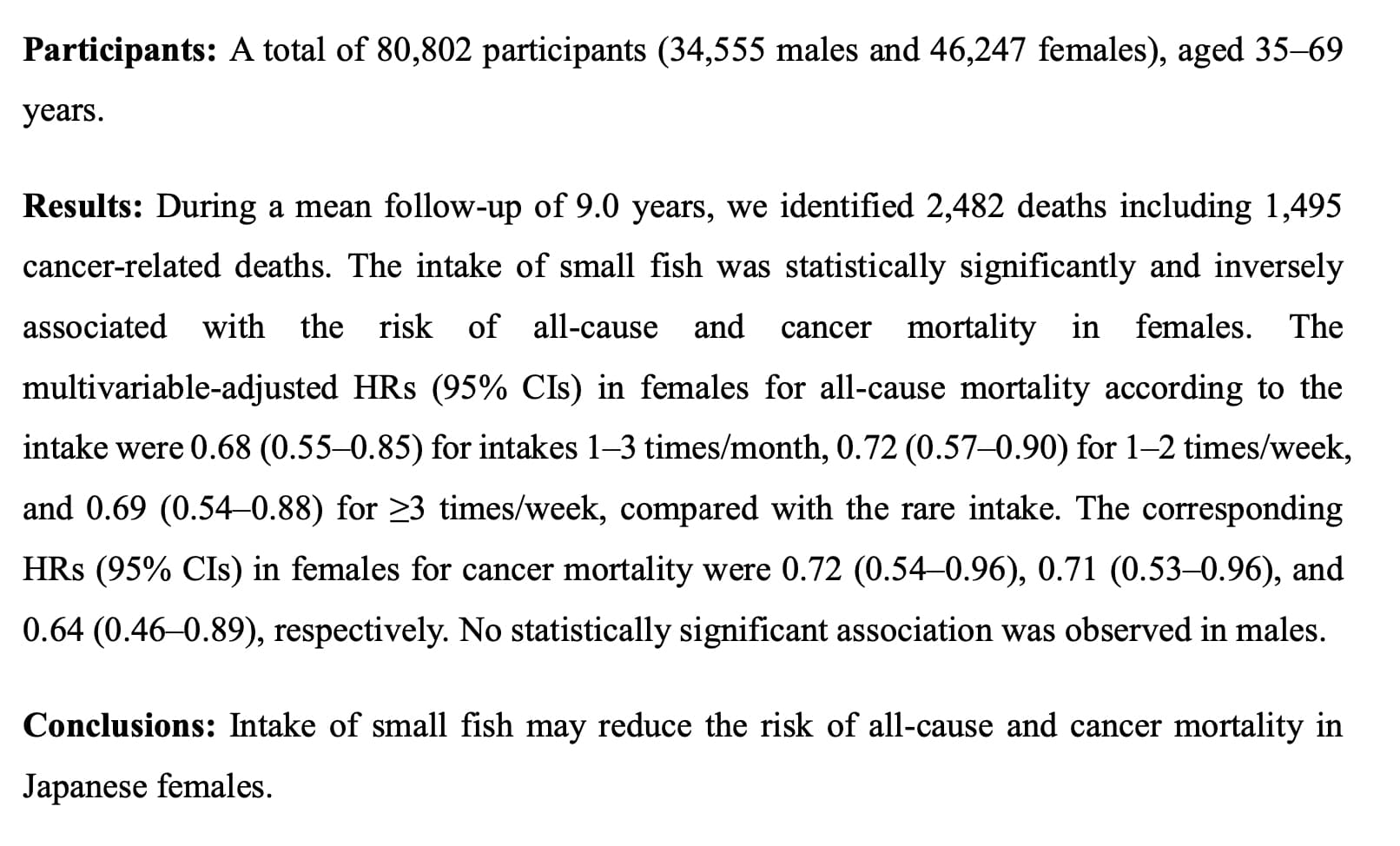I love chocolate too and eat it everyday. My thinking on it is that as long as you don’t eat too much and your diet includes vegetables, the other three pillars of health become more important. That said myself I have been doing cr and Mediterranean diet for a long time with very good results.
Cognitively Healthy Centenarians; Seizures and COVID Vax; New AAN Statement
— News and commentary from the world of neurology and neuroscience
by Judy George, Deputy Managing Editor, MedPage Today April 30, 2024
According to this study the centenarians who live til 100 without cognitive decline are genetically protected. There are multiple protective SNP’s. It’s not clear to me how life style can help to overcome lack of such protection or SNP’s predisposing to Alzheimer’s disease. Hopefully we will learn inthe future!
Epigenetics.
Look at the Nigerian Paradox - highest frequency of APOE4’s and lowest incidence of AD. Big contributor is felt to be the diet and lifestyle. These massively influence rate of outcomes.
Look at the blue zones … the lifestyle, particularly the diet makes differences including in diverse populations - genetically - namely when you look at Loma Linda, in that regard.
Perhaps no paradox? Maybe they don’t live long to develop AD?
How long does an average Nigerian man live?
In 2023, life expectancy at birth in Nigeria was about 61.79 years. More specifically, this figure equaled 60 years for males and 64 years for females. Life expectancy at birth in Nigeria is among the lowest in Africa as well as in the world.
Good point…
Countries With the Shortest Life Expectancy
| COUNTRY | AVERAGE LIFE EXPECTANCY |
|---|---|
| Chad | 53 years |
| Nigeria | 53 years |
| Lesotho | 53 years |
| Central African Republic | 54 years |
| South Sudan | 55 years |
| Somalia | 55 years |
| Eswatini | 57 years |
| Côte d’Ivoire | 59 years |
| Guinea | 59 years |
| Mali | 59 years |
Actually a really good idea - but … this isn’t the case. The Nigerian Paradox is real.
Take a look at it - the issue is lifestyle - this is in elderly Nigerians.
Just chiming in to remind everyone looking at life expectancy data in third world countries — much of the drop comes from high rates of childhood mortality. In modern days those correlate strongly with birth rates too (perhaps high birth rates reflect an implicit expectation on the parents’ part that not all their children will make it).
So it’s much more helpful to look at life expectancy conditional on making it past childhood. Usually the difference is much less stark. Unless there’s chronic multi generational civil war or the like (endemic violence) to cut lives short, then factors like poverty, lack of education, pollution, subpar healthcare and the likes pull one way, but heavier levels of physical activity, the rarity of sedentary lifestyles, stronger community ties, and whole food eating all pull in the opposite direction so the overall delta in life expectancy isn’t as stark as you’d think. Albania for example is very poor and a nation of chain smokers but tied with the U.S. for life expectancy.
As to the Nigerian paradox, I’ve looked closely enough to see it’s real, even adjusting for survivor bias effects like the one you picked up on. Certain populations in Southern Italy with a high prevalence of Apoe4 have also been closely followed. Some branches of that population have moved to the U.S. for generations. The ones left behind have indistinguishable rates of Alzheimer’s incidence from the broader non-ApoE4 Italian population. Their cousins who immigrated to the U.S. on the other hand….
Damn, I have again put myself in a higher risk category by moving to this country ![]()
(post deleted by author)
This is fascinating. Can you point to any of the main studies?
Is this a straight average that includes deaths at 0 through five years old? Ie do people who survive childhood live to a much longer lifespan? I seem to remember seeing something about this in a demographic statistics discussion.
This post was flagged by the community and is temporarily hidden.
Reminds me of the study following Japanese who moved to Hawaii and California. 50% higher relative incidence of heart disease in California.

